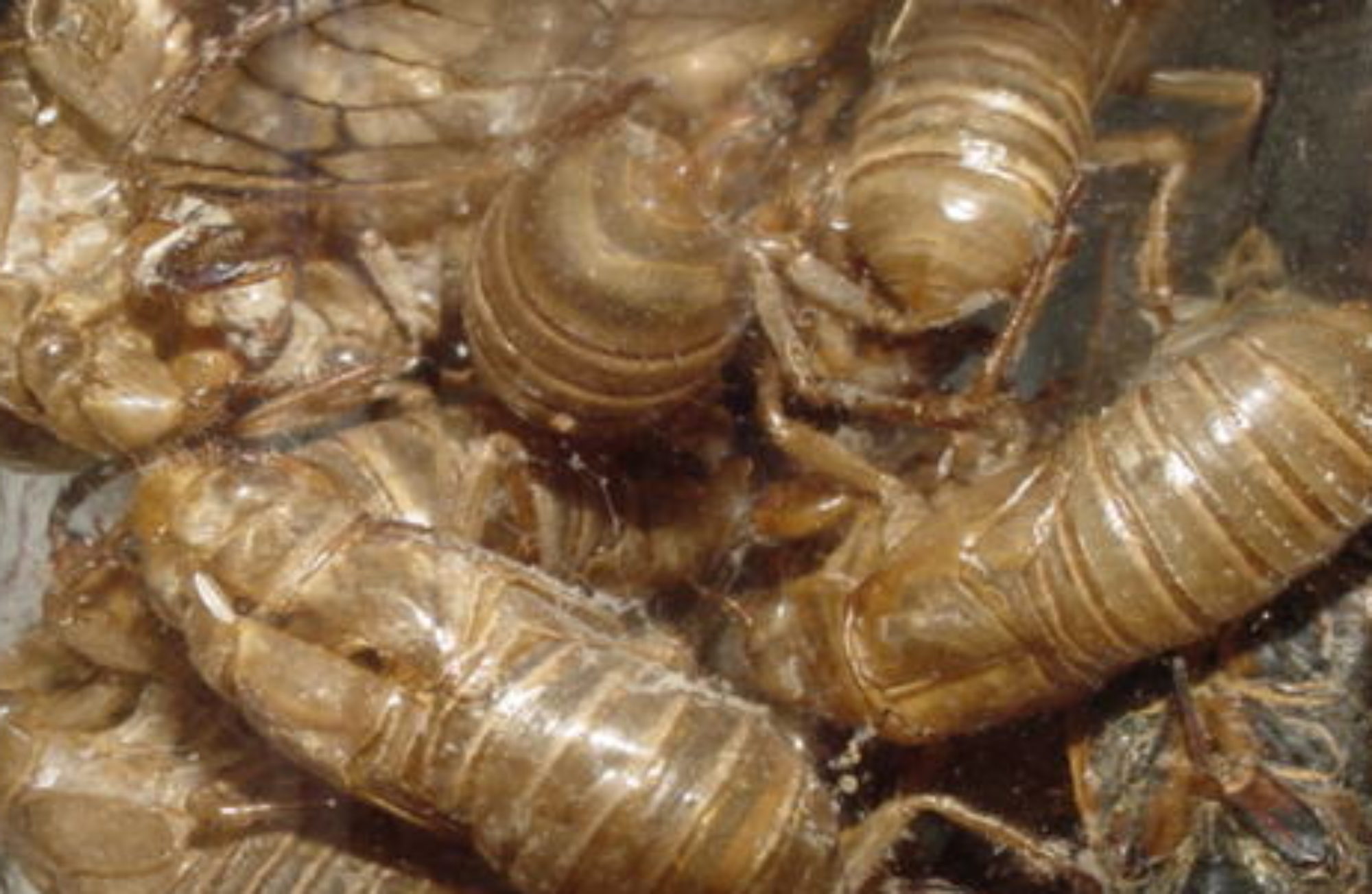I’m going to tell you about a miracle.
An ordinary person flips an ordinary coin a hundred times in a row and the coin lands on heads each time.
No trick person, no trick coin, no trick situation.
One hundred heads.
Is that a miracle? A lot of people would think so.
Aaaaaaaand, I would have totally taken their money.
Hold that thought, though…
The thing with “miracles” is that there’s always something you’re not seeing. You must always remember that — no miracle occurs without something tricky going on. And if there’s someone actually claiming there’s a miracle, and insisting that you believe it’s a miracle, they are after your wallet.
Scooby Doo taught us this — that supernatural, weird, and unexplainable shit tended to have at its heart someone trying to pull the wool over our eyes. Usually that someone wanted money. Or land (which can be exchanged for money). Or a silver mine. Or an inheritance. Or a treasure. Whatever. The whole reason they were doing what they were doing was to misdirect people from the profitable thing they couldn’t acquire legally/morally/kindly.
It’s not the miracle you gotta watch out for — it’s the person trying to convince you it’s a miracle. Chances are pretty damn good their fingers are reaching into your pocket.
The pocket with a wallet.
That’s the deal with miracles.
And then we have the “Miracle Cloud.”
Some folks don’t get this. They have a kind of “odds limit” in their brain (in their defense, we are often taught that “math is hard,” usually by people who need to be fired). Once the odds get too big or too complicated, then the calculations enter a magical puffy-clouded place I call the “Miracle Cloud.”
The Miracle Cloud is the place where we put things we can’t explain.
It doesn’t actually mean those things are miracles, it just means that we can’t explain them. We wave our hands and shake our heads and call them miracles.
The Miracle Cloud brings us some kind of comfort, I guess. The Miracle Cloud means that while we might want to grasp the notion of one-in-five odds, or one-in-a-hundred odds, we don’t have to worry our pretty little heads about one-in-ten-thousand or one-in-ten-million.
We can just put all that in the Miracle Cloud. Poof!
My opinion is that Miracle Clouds would be a lot smaller if we didn’t treat Mathematics classes as if they were really “How Do Scabs Taste 101,” but I know I have a lot of Dumbass Dogma against which I’m fighting on that one.
I’ve run into people who come up with examples of things that they think belong in that Miracle Cloud.
A common example is eyes. “How could eyes just evolve from chance,” they suggest. “Eyes must be miracles.” Trouble is, they don’t know about eyes. Not only are there tons of examples of things that are not-quite-eyes-yet, there are also tons of examples of how far eyes still have to go before they’re perfect. For example, are their eyes good enough to stay open in math class? Or can they see the subtle gradations of blood pulsing through their capillaries? I didn’t think so. Eyes — not so miraculous yet, but give ’em a couple hundred more million years and we might catch up with the eyes of the mantis shrimp. Just sayin’…
The science behind the evolution and biology of eyes isn’t a miracle — it’s just something people happen to put in their own personal Miracle Cloud because they don’t understand the whole picture — either because they don’t want to or because someone else doesn’t want them too. Maybe they need those brain cells for figuring out how to post YouTube comments.
Miracle Clouds get smaller the more you learn about the Universe.
That’s probably important to realize because then when you find people who object to learning more about the Universe, it is 100% likely that they have a financial interest in keeping your Miracle Cloud large. You want to watch out for those people, as they do not have your best interests at heart.
Which brings me back to my “miracle.”
One hundred coin flips, all heads.
Seems like that would be a miracle, right?
Except there’s something I’m not telling you about it.
I started the experiment with 1 267 650 600 228 229 401 496 703 205 376 people*. Each had a coin and each flipped it. Whoever flipped tails (approximately half each time) I kicked out of the room.
After 100 flips, I had one person left. One person left and 1 267 650 600 228 229 401 496 703 205 375 people kicked out.
Suddenly that’s not so miraculous after all. In fact, knowing the setup, if I didn’t end up with someone who flipped 100 heads, that would have been pretty surprising (I would be guessing people are using tricky coins).
Miracle Cloud now just a tiny bit smaller.
Math is still awesome.
Mischief is managed.
* If this number is too big for your brain, think of it this way:
- I started with 2 people in the room and kicked out everyone who flipped any tails after 1 flip, leaving 1.
- I started with 4 people in the room and kicked out everyone who flipped any tails after 2 flips, leaving 1.
- I started with 8 people in the room and kicked out everyone who flipped any tails after 3 flips, leaving 1.
- I started with 16 people in the room and kicked out everyone who flipped any tails after 4 flips, leaving 1.
- I started with 32 people in the room and kicked out everyone who flipped any tails after 5 flips, leaving 1.
- I started with 64 people in the room and kicked out everyone who flipped any tails after 6 flips, leaving 1.
- and so forth, to…
- I started with 1 267 650 600 228 229 401 496 703 205 376 people in the room and kicked out everyone who flipped any tails after 100 flips, leaving 1.

